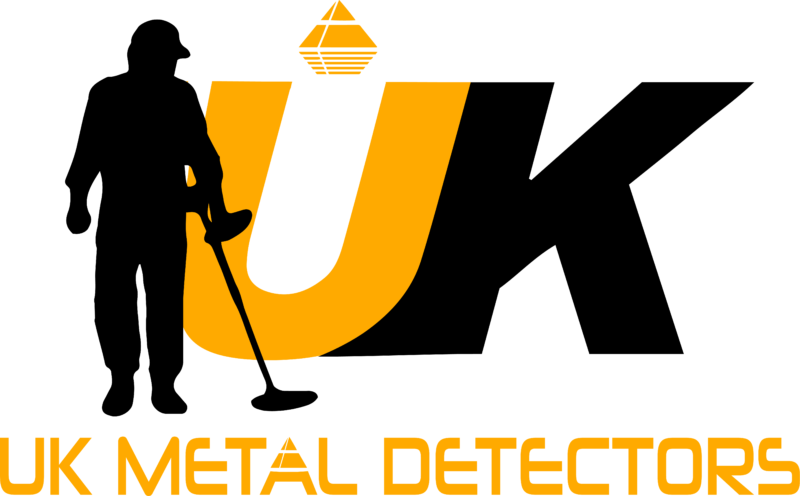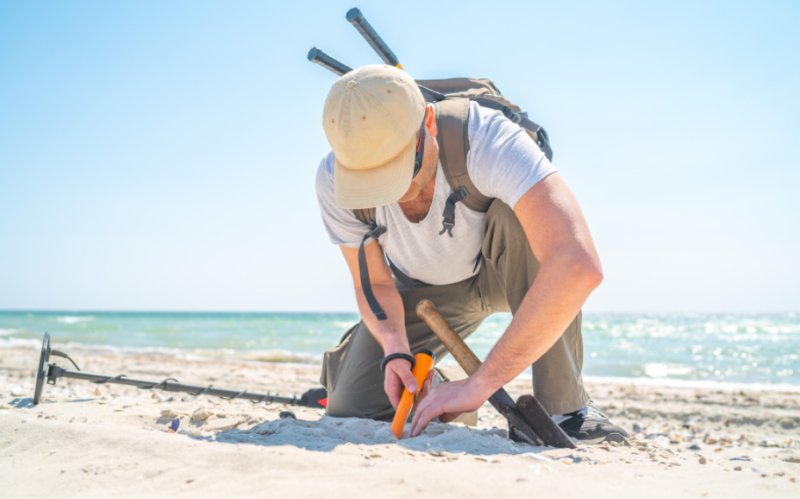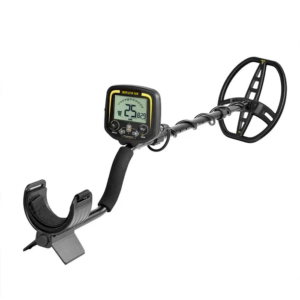Metal Detecting on Crown Estate Foreshore
Are you planning to do some metal detecting on Crown Estate foreshore? (defined as the land between mean high water and mean low water) well, you can without a formal consent from The Crown Estate, however, this is subject to Terms and Conditions plus any third party right(s) as specified under section 2 of the Terms and Conditions (See below).
This permission relates only to the Crown Estate foreshore and not to the Sea Bed, River Beds, or any other Crown Estate land.
A separate Permit is required to metal detecting on the River Thames foreshore this is available from the Port of London Authority.
If you are metal detecting and you find something above the low water mark these are usually the property of the land owner, unless categorised as Treasure under the Treasure Act. We recommend that any finds, predominantly whilst you are diving or snorkelling, are not removed and should be reported to Historic England and the Receiver of Wreck. Of course your local Finds Liaison Officer will assist with any finds that you think may belong to the Crown or if it comes under Treasure ACT.
Terms and Conditions for metal detecting on The Crown Estate foreshore
Anybody wishing to carry out metal detecting on our foreshore is granted a permissive right from The Crown Estate; this permissive right does not apply to the seabed or riverbeds or any other Crown Estate land. The permissive right is also subject to detectorists adhering to The Treasure Act 1996 and its accompanying code of practice, as well as our terms and conditions.
1. The consent hereby granted extends only to the foreshore only and not to any part of the bed of the sea.
2. On occasions third parties, including lessees and licensees of The Crown Estate, may restrict metal detecting on Crown Estate land. If the foreshore is within a Site of Special Scientific Interest (SSSI) or a Marine Conservation Zone (MCZ) then the relevant authority may object to certain activities, and so access may be restricted. We expect detectorists searching on our foreshore to be sensitive to environmental designations and if necessary, obtain any additional consent’s. The relevant authority will be Natural England, Natural Resources Wales, or the Northern Ireland Environment Agency.
Local authorities also have the power to ban metal detecting and other activities using byelaws and we would therefore recommend checking with the appropriate authority to ensure that no such ban is in place.
3. You are permitted to carry out searches on the foreshore as described above only on the following basis:
i. You may use a metal detector for such purpose;
ii. You may only investigate the surface of the foreshore and not excavate into the hard pack sub-surface of the foreshore to ensure that the archaeological integrity of any embedded find is retained;
iii. No mechanical tool, plant or equipment may be used for excavation;
iv. Any hole (however small or shallow) must be refilled so that the foreshore is reinstated to its condition before digging or excavation was commenced by the applicant so as not to create a hazard to other foreshore users.
4. You are required:
i. To report all archaeological finds to the Portable Antiquities Scheme and follow the “Code of Practice for Responsible Metal Detecting” at all times.
ii. To report the find of any item which may, or which on reasonable grounds is likely to be, treasure within the meaning of the Treasure Act 1996 to the Coroner’s Court for the district in which the foreshore is situated within fourteen days of the date of the find and to supply evidence to The Crown Estate that this has been undertaken. Any reward to be paid pursuant to the Treasure Act 1996 shall be determined by the appropriate authority.
Apportionment will be agreed between the finder and The Crown Estate but generally this will be in equal shares.
iii. To report the find of any item of value such as jewellery and coins (excluding individual or small quantities of modern coins) to The Crown Estate and the Police within fourteen days of the date of the find. The value of such a find will be determined by agreement between the applicant and The Crown Estate or by valuation by at least two other persons selected by The Crown Estate and the applicant, or by sale for the highest available price. Any monies received shall be divided equally between The Crown Estate and the applicant (after the deduction of any costs).
iv. To report the find of any item of value in Northern Ireland to The Crown Estate and the Police and the Director of the Ulster Museum within fourteen days of the date of the find. Such find to be treated under the provisions of the Historic Monuments Act (Northern Ireland) 1971.
v. To report the find of any item which may or which on reasonable grounds is likely to be considered Wreck within the meaning of the Merchant Shipping Act 1995 to the Receiver of Wreck and The Crown Estate within fourteen days of the date of the find.
5. The Crown Estate reserves their right to ownership of all or any objects found, and the granting of this permission does not transfer any such rights to you. You may not claim ownership or rights to any objects found on the foreshore by virtue of this consent.
6. You shall endeavour not to interfere with any persons exercising public rights on the foreshore of any description and shall not interfere with any property on the foreshore known to be the property of any other party.
7. The Crown Estate may restrict or prohibit access to any part of the foreshore covered at any time without notice.
8. You will go onto the foreshore at your own risk and no liability shall attach to The Crown Estate in any respect relative to any injury (including death) loss, damage whatever, including due to negligence, to the applicant or any property of the applicant whilst on the foreshore and you will indemnify The Crown Estate against all actions, proceedings, claims, demands, damages, costs and losses relating to or arising out of the exercise of any rights covered by or related to this permission and arising from the failure of the applicant to report any finding to the relevant person or authority pursuant to the terms of this licence.
9. You will be responsible for obtaining any other necessary permissions including those of adjoining landowners to access the foreshore.
10. You accept that the foreshore can be a dangerous place. You should check the times of tides before accessing the foreshore and should be aware that tides can generate strong currents and should take all steps to ensure personal safety whilst on the foreshore.
Note: The River Thames Only
In respect of the River Thames foreshore only, we jointly administer a permit with the Port of London authority.
Due to the sensitive archaeological nature of the Thames, foreshore searching is banned or subject to additional restrictions in several locations. For a permit, please contact:
Port of London Authority, London River House, Royal Pier Road Gravesend


